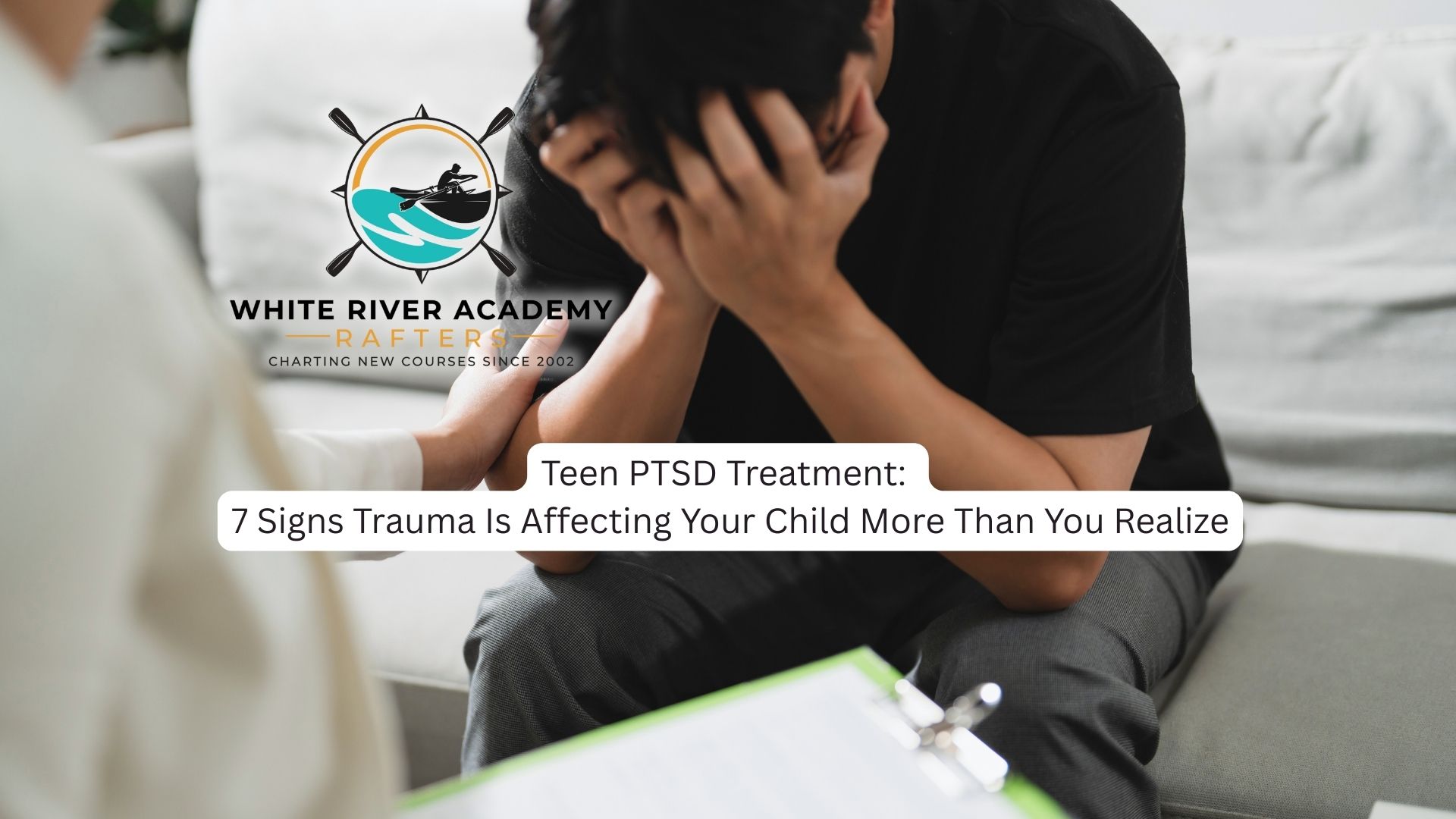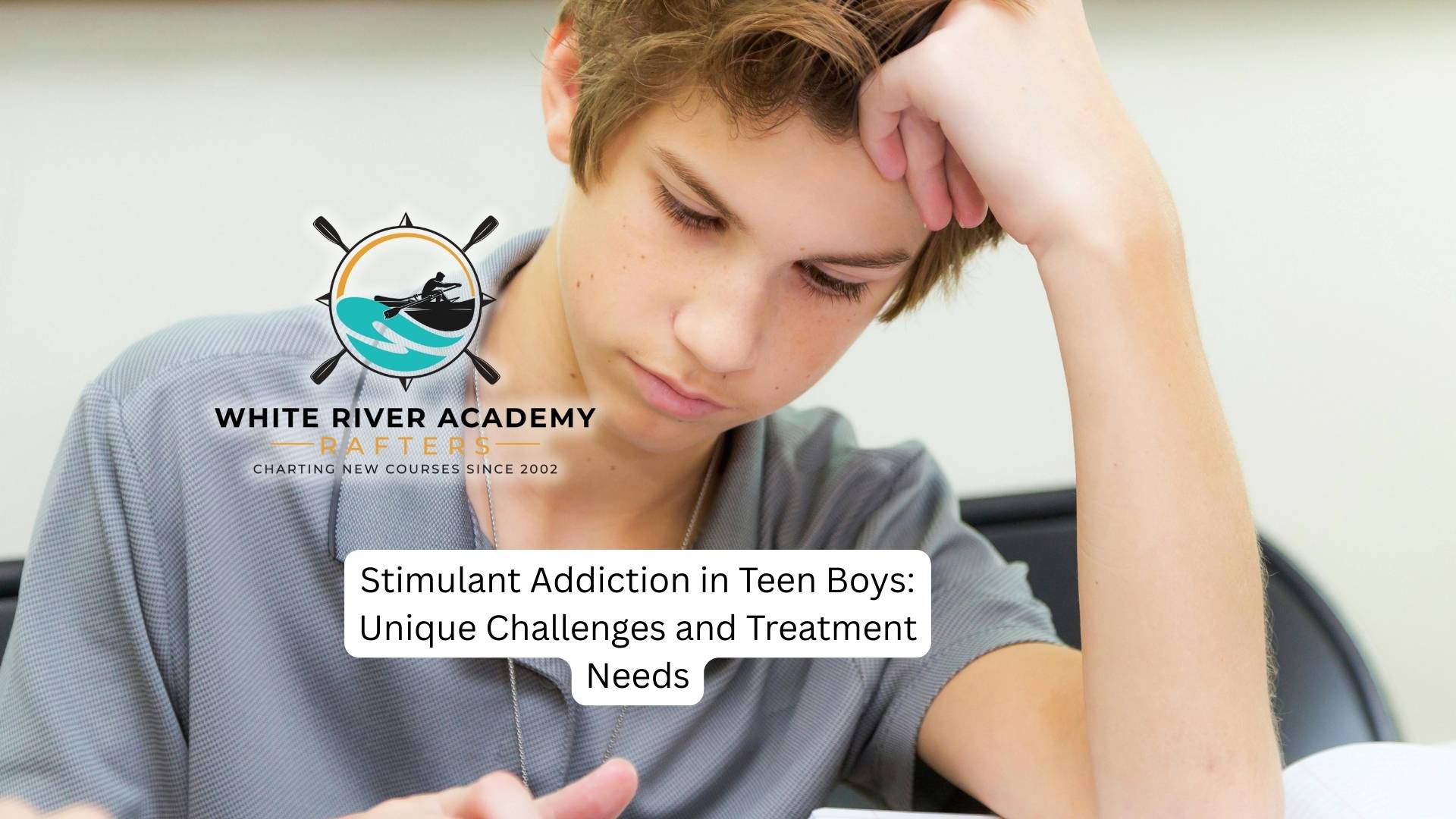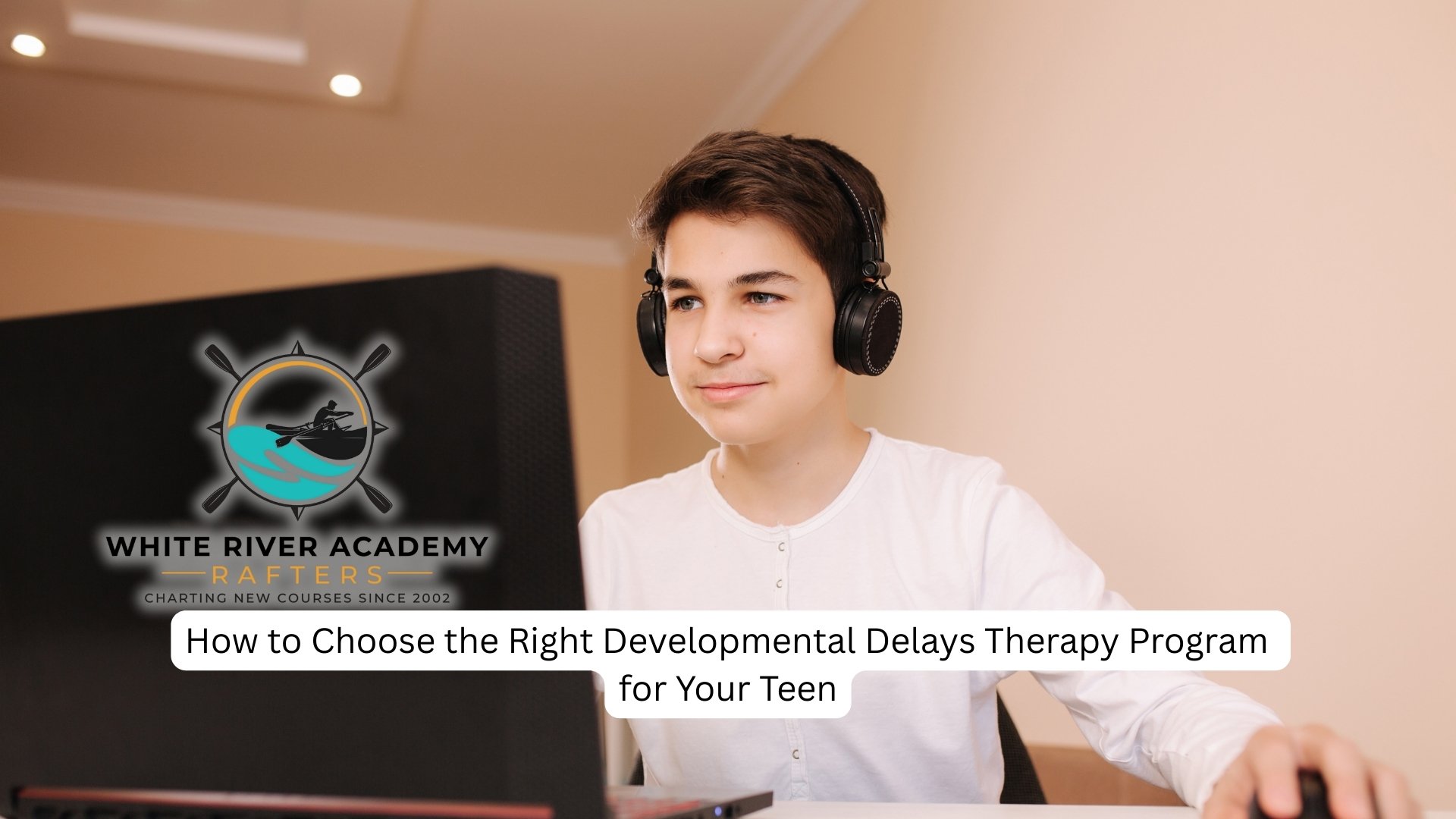Vaping has become increasingly popular among teens in recent years, raising concerns for many parents about the potential health risks and addictive nature of these products. Unlike traditional cigarettes, vaping devices often come in discreet forms and appealing flavors, making them especially attractive to young people. As a parent, being aware of the signs and knowing how to respond can make a significant difference in protecting your child’s health and well-being.
This article will guide you through recognizing the signs of vaping, understanding why teens vape, how to talk to your child about it, and what steps to take to support them in quitting.
Recognizing the Signs Your Child May Be Vaping
Detecting vaping can be challenging because the devices are often small and easy to conceal. Physical signs to watch for include sweet or fruity scents lingering on your child’s clothing or in their room, unfamiliar devices that look like pens, USB drives, or small boxes, and symptoms such as increased thirst, dry mouth, nosebleeds, coughing, or a sore throat. Behavioral changes may include secretive actions like closing doors, frequent trips outside or to the restroom, shifts in appetite or weight, mood swings, irritability, difficulty concentrating, or new spending habits and unexplained packages.
If your child shows signs of nicotine addiction as a result of vaping, such as persistent mood changes or difficulty quitting despite efforts, it may be time to seek professional treatment.. Addiction treatment centers and therapeutic facilities offer specialized programs for troubled boys, including counseling and behavioral therapies.
Understanding Why Teens Vape
Social influences such as peer pressure and the desire to fit in play a major role, especially when vaping is portrayed as trendy or harmless on social media. Psychological factors like stress, anxiety, boredom, or depression can also drive teens to use vaping as a coping mechanism. Many teens experiment out of curiosity, often underestimating the risks due to misconceptions about vaping’s safety compared to traditional smoking. The appealing flavors and sleek designs further contribute to its allure.

How to Talk to Your Child About Vaping
Approaching the topic with openness and without judgment is key to having a productive conversation. Start by asking your child about their experiences and reasons for vaping to better understand their perspective.
Educate them about the health risks, including potential lung damage, nicotine addiction, and effects on mental health and athletic performance.
Discuss the financial costs and how vaping can impact their future. Encourage honest dialogue and reassure your child that you are there to support them, not punish them.
Supporting Your Child to Quit Vaping
Helping your child quit vaping involves motivating them and providing the right resources. Encourage healthier ways to manage stress and emotions, such as exercise, hobbies, or mindfulness practices.
If your teen struggles to quit on their own, consider seeking professional help through counseling or an intensive outpatient program designed for teens. Family therapy can also strengthen support systems and improve communication. School counselors and community resources can also provide guidance and support.
Early intervention increases the chances of successful recovery and reduces the risk of long-term health consequences. Regularly check in on your child’s progress and maintain a supportive environment to foster long-term success.
Preventing Vaping Relapse and Promoting Healthy Habits
To help prevent relapse, establish clear rules and expectations about vaping and substance use. Encourage your child to engage in extracurricular activities and build friendships with peers who practice healthy habits.
Continue educating your child about the risks of vaping and tobacco products, and support their mental and emotional well-being through open communication and access to mental health resources.
Final Thoughts from White River Academy
Recognizing and addressing teen vaping early is crucial for safeguarding your child’s health and future. Through understanding the reasons behind vaping, maintaining open communication, and providing the necessary support or professional help, parents can guide their children toward healthier choices.
At White River Academy, we support adolescent boys facing the challenges of addiction through a therapeutic approach that blends emotional support, skill-building, and accountability. Our programs create a structured environment that encourages emotional growth and personal responsibility, empowering teens to make healthier choices and resist vaping. With the right guidance and support, teenagers can develop the maturity and life skills needed to overcome addiction risks and successfully transition into adulthood.




